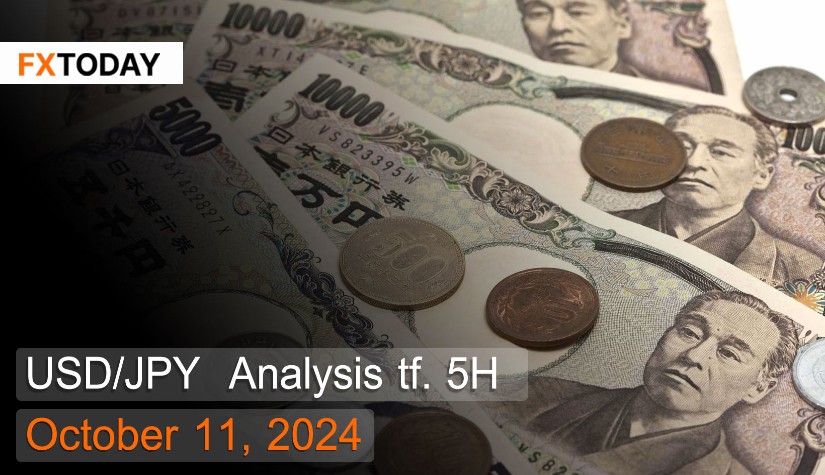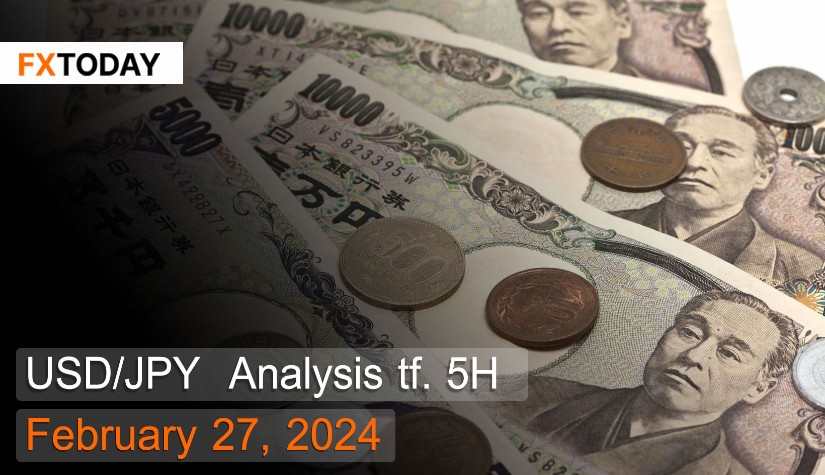Japanese companies continue to face increasing cost pressures.
The Japanese yen has been continuously weakening due to pressure from the strengthening US dollar, amid growing expectations that the US Federal Reserve will adopt a more cautious approach to future interest rate cuts. This expectation is driven by strong employment data and rising inflation in the US. Some policymakers from the Federal Reserve have signaled that they will keep interest rates unchanged in November.
In Japan, the average income increased by 3% year-on-year in August, slightly below the market expectation of 3.1%. This increase in average income reflects wage adjustments that remain at normal levels. Additionally, it supports the view that the Bank of Japan does not need to raise interest rates again anytime soon.
However, the wage increase may put pressure on small and medium-sized businesses due to rising labor costs. A rapid increase in interest rates could also lead to higher borrowing costs. Prime Minister Shigeru Ishiba mentioned earlier this month that the current economic situation might not justify an interest rate hike, as it would directly negatively impact the profits of domestic companies.
Japan’s leading economic index, which measures economic trends in the coming months using data such as job announcements and consumer confidence, fell to 106.7 in August. This is due to continued sluggishness in the manufacturing sector, while growth in the services sector remains steady, despite pressure from rising raw material prices. Additionally, the depreciation of the yen has increased the cost of imported goods. Meanwhile, consumer confidence improved, reaching a four-month high, as the unemployment rate dropped to just 2.5%.
The yield on Japan's 10-year government bonds fell below 0.95% as investors reassess the Bank of Japan's monetary policy outlook after hints that interest rates may not be raised soon. This sentiment is also supported by other senior officials. Moreover, the strong US economy may make US yields seem more attractive to investors.
Techical analysis data (5H)
Resistance: 149.22, 149.43, 149.7
Source: Investing.com
Buy/Long 1: If the price touches support in the price range of 148.45 - 148.73 but cannot break the support at 148.73, you may set a TP at approximately 149.43 and SL at around 148.25 or according to your acceptable risk.
Buy/Long 2: If the price breaks the resistance in the price range of 149.22 - 149.43, you may set a TP at approximately 149.7 and SL at around 148.45 or according to your acceptable risk.
Sell/Short 1: If the price touches resistance in the price range of 149.22 - 149.43 but cannot break the resistance at 149.22, you may set a TP at approximately 148.45 and SL at around 149.7 or according to your acceptable risk.
Sell/Short 2: If the price breaks the support in the price range of 148.45 - 148.73, you may set a TP at approximately 148.25 and SL at around 149.43 or according to your acceptable risk.
Pivot point October 11, 2024 07:58 AM. GMT+7
|
Name
|
S3
|
S2
|
S1
|
Pivot Points
|
R1
|
R2
|
R3
|
| Classic | 148.25 | 148.45 | 148.73 | 148.94 | 149.22 | 149.43 | 149.7 |
| Fibonacci | 148.45 | 148.64 | 148.75 | 148.94 | 149.13 | 149.24 | 149.43 |
| Camarilla | 148.87 | 148.92 | 148.96 | 148.94 | 149.05 | 149.09 | 149.14 |
| Woodie's | 148.27 | 148.46 | 148.75 | 148.95 | 149.24 | 149.44 | 149.72 |
| DeMark's | - | - | 148.83 | 148.99 | 149.32 | - | - |
















